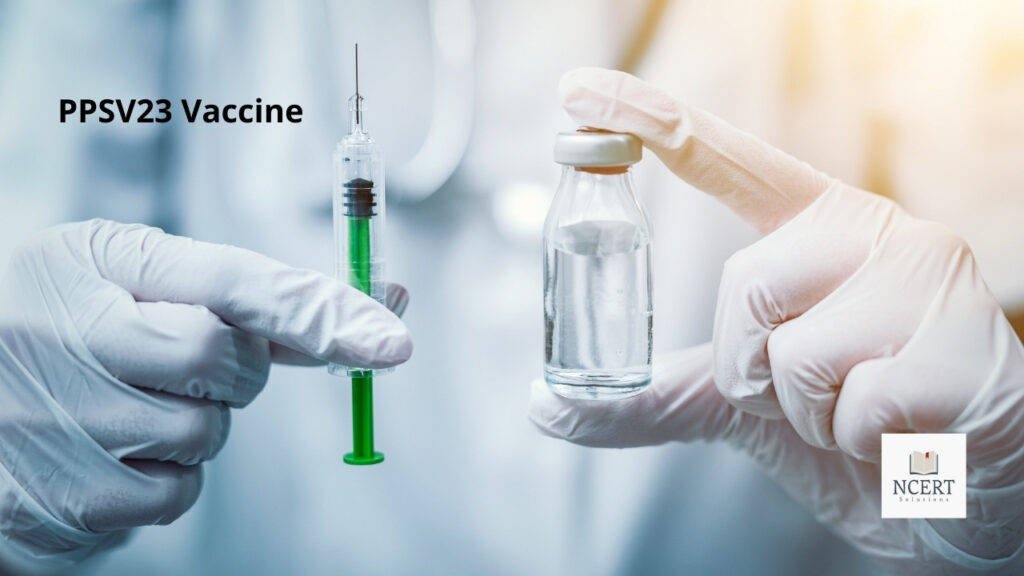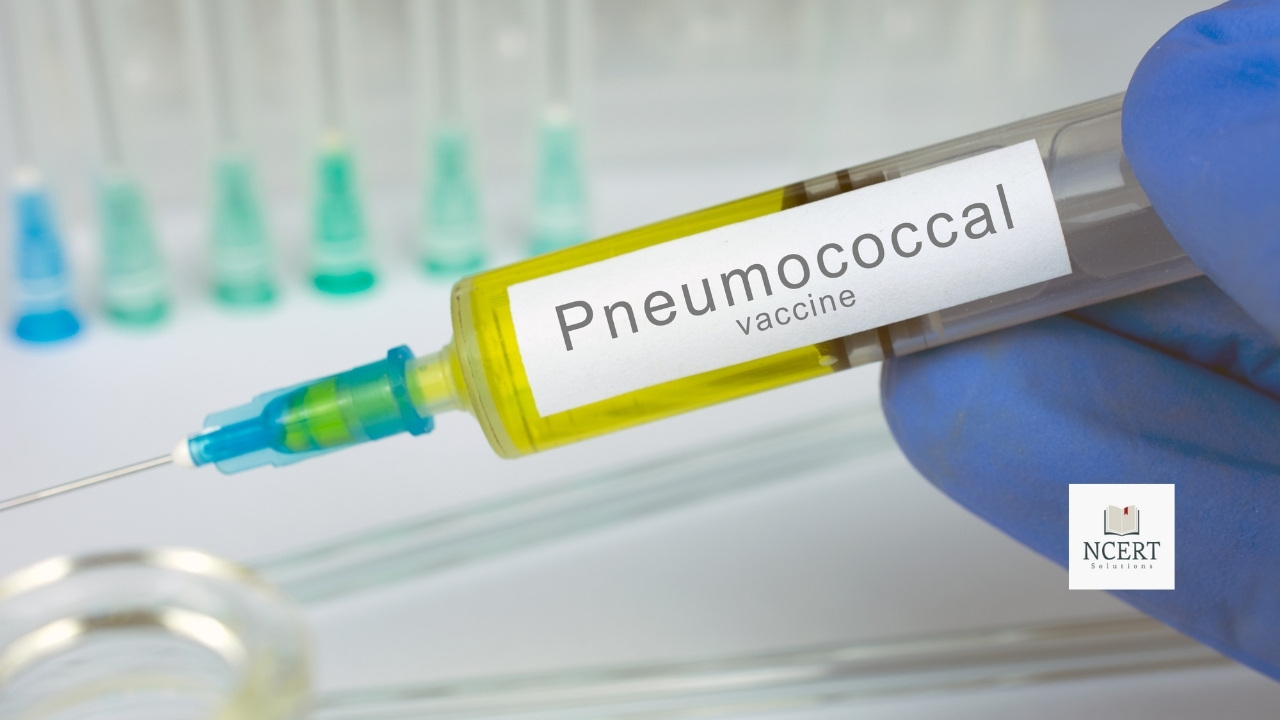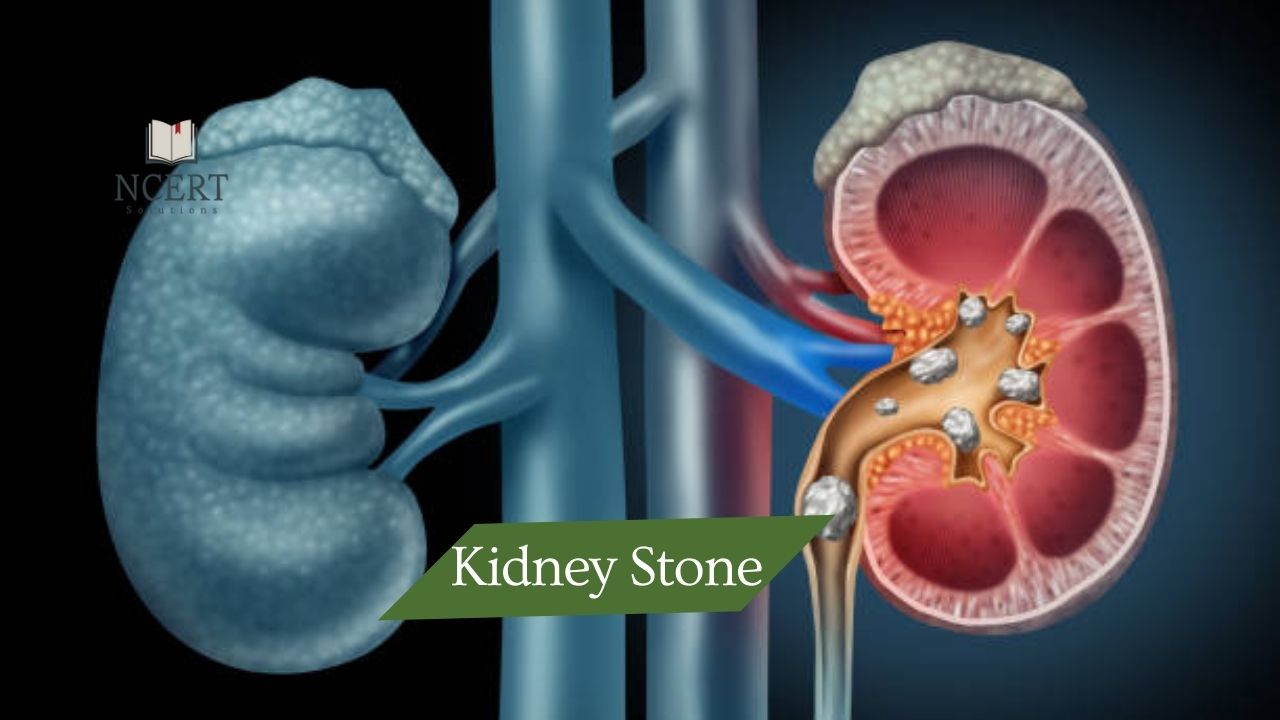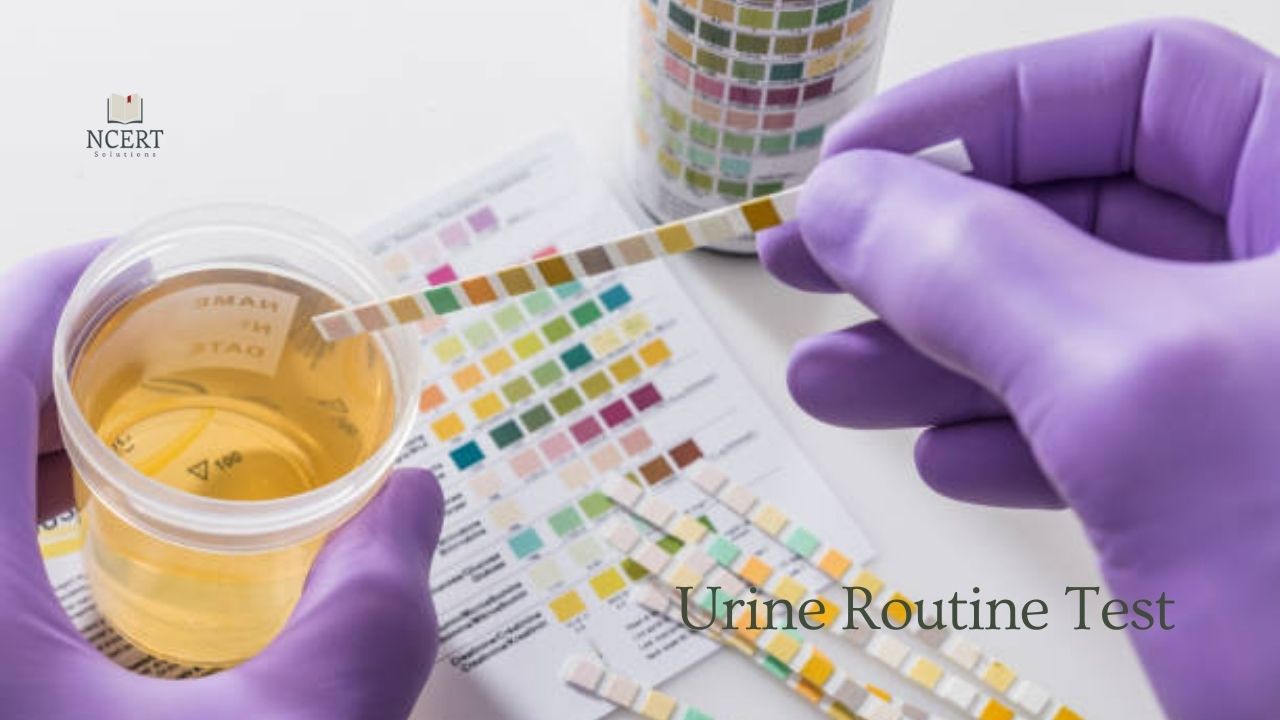PCV Meaning – The term PCV is often referred to as the Pneumococcal vaccination. The pneumococcal vaccine is used to prevent infections caused by pneumococcal bacteria.
Pneumococcal disease is caused by Streptococcus pneumoniae bacteria. This bacteria is also known as Pneumococcus bacteria.
PCV full form
PCV Stands for “Pneumococcal vaccination” they are widely known as PCV – 13 and PPSV – 23 vaccines. There is also a Blood test named “PCV” which refers to – “Packed Cell volume”. Please note that the same term extracts dissimilar meanings at two different places. Learn more, if you are confused about it – What is packed cell volume or what is PCV in blood test here.
Why is Pneumococcal vaccine / PCV / PPSV important?
If the Pneumococcal vaccine or PCV vaccine is taken on time it helps to prevent you or your child from all kinds of infections caused by pneumococcal disease. Pneumococcus bacteria causes a variety of infections which can range from – Packed Cell Volume.
- Ear infection
- Sinus infection
- Pneumonia and
- bloodstream infection
Since these infections are caused by bacteria and germs and some medical experts consider them – Invasive. Invasive diseases are usually contemplated very deadly as they invade the sensitive parts of the body and cause death in some cases.
Pneumococcal vaccine / PCV / PPSV plays a very important role to protect you from these kinds of illnesses or infections.

● Ear infection – Pneumococcus bacteria can cause middle ear infections and a disease called Otitis media.
● Pneumonia – Streptococcus pneumoniae or Pneumococcus bacteria can cause pneumonia disease. Pneumonia disease is an infection of the lungs that can affect all ages of people but mostly it affects children below 5 years.
PCV vaccine or pneumococcal vaccine, if taken on time can help to prevent some types of pneumonia and other associated respiratory infections.
Pneumonia can cause mild to severe illness in people and sometimes can lead to death if untreated for a long time.
● Sinusitis – Sinusitis or Sinus disease is a nose infection that happens due to germs development in the middle nose. In this, the fluid builds up in the air-filled pocket in the face.
Usually, doctors do not give antibiotics to patients to treat the sinus, however, if the sinus is caused by certain bacteria this health condition is sometimes treated by antibiotics.
● Bacteremia – Bacteremia is a kind of infection in the bloodstream. Pneumococcal vaccine may help to protect from bacteremia.
● Meningitis – Meningitis is a health condition in which inflammation is developed in the lining of the brain and spinal cord. This disease is very fatal for the infected person.
Symptoms of Pneumococcal Disease
Symptoms and complications of Pneumococcal Disease are very prevalent, which include –
- Fever or shivering
- Chest pain
- Difficulty breathing
- Headache
- Photophobia
- Confusion
- Low alertness
- Extreme pain or discomfort
- Ear pain
- Runny nose, loss of smell and or facial pain etc.
Pneumococcal vaccination – Types of Pneumococcal vaccines
Currently, there are two kinds of pneumococcal vaccines available in the market.
- PCV13 – Pneumococcal conjugate vaccine
- PPSV23 – Pneumococcal polysaccharide vaccine
PCV – 13 Vaccine
The full form of the PVC is Pneumococcal conjugate vaccine. As per Centres for Disease Control and Prevention (CDC), the PCV13 vaccine is recommended for all children younger than 2 years old. It can also be injected into children aged up to 3 years old with certain medical conditions. Adults of 65 years or older willing to take a shot of the vaccine need to discuss it with their doctors first.
PPSV-23 Vaccine
The full form of the PPSV is Pneumococcal polysaccharide vaccine. As per Centres for Disease Control and Prevention (CDC), the PPSV-23 vaccine is recommended for all adults 65 years or older and People 2 through 64 years old having certain medical conditions. It can also be taken by adults 19 through 64 years old who smoke cigarettes.
Pneumococcal vaccination schedule
The pneumococcal vaccination schedule primarily depends on the type of vaccine you or your child is getting to take i.e. – PCV – 13 or PPSV – 23. The prescribed schedule for both vaccines is given in the below –
Schedule for PCV-13 vaccine: Centres for Disease Control and Prevention (CDC) recommends routine PCV vaccination for –
- Babies and children younger than 2 years old
- People 2 years or older in some certain cases

Schedule for PPSV – 23 Vaccine: Centres for Disease Control and Prevention (CDC) recommends routine PPSV 23 to different age group people as –
- All adults aged 65 years
- People two through 64 years with certain medical conditions and
- Adults 19 through 64 years who smoke cigarettes

PCV immunization
Pneumococcal vaccines are effective to protect against more than 90 stereotypes of pneumococcal bacteria. It can develop sufficient immunity in the body to fight against pneumococcal infections caused by bacteria.
How to get the PCV vaccine
Due to certain “age and health conditions” related restrictions, it is not available for all people. One can only get the PCV vaccine if one qualifies for certain eligibility criteria.
Side effects of pneumococcal vaccines
Most people who get PCV or PPSV vaccines do not have any side effects however it cannot be denied that it can develop some mild side effects in some people –
Side effects of PCV 13 vaccine –
- Fever, redness, swelling or tenderness on the side
- Headache
- Low appetite and
- Chills
Side effects of PPSV 23 vaccine –
- Redness or pain at the site
- Fever
- Muscle ache etc
All problems caused by the side effects of the pneumococcal vaccines may go away within 2 to 3 days. However, If symptoms do not disappear within 2-3 days we recommend you please contact your doctor immediately.
Pneumococcal vaccine price in India (PCV Price)
PCV vaccine’s cost depends on the ways you get it. Its price may be different at Government hospitals from the local chemist store or Private hospitals.
PCV vaccine prices are available in several ways, if you are residing in the USA, you can pay the cost of PCV or PPSV with the following options –
- Medicare – The 100% PCB cost is covered for PCB and PPSV vaccines if it is administered at least 12 months apart.
- Private health insurance – You can pay the cost of the PCV vaccine and or PPSV vaccine with your health insurance provider.
However, if you are living in India you can approach any Government hospital since the PCV vaccine (PCV 13 and PPSV 23) price in India is totally free of cost in Government hospitals.




